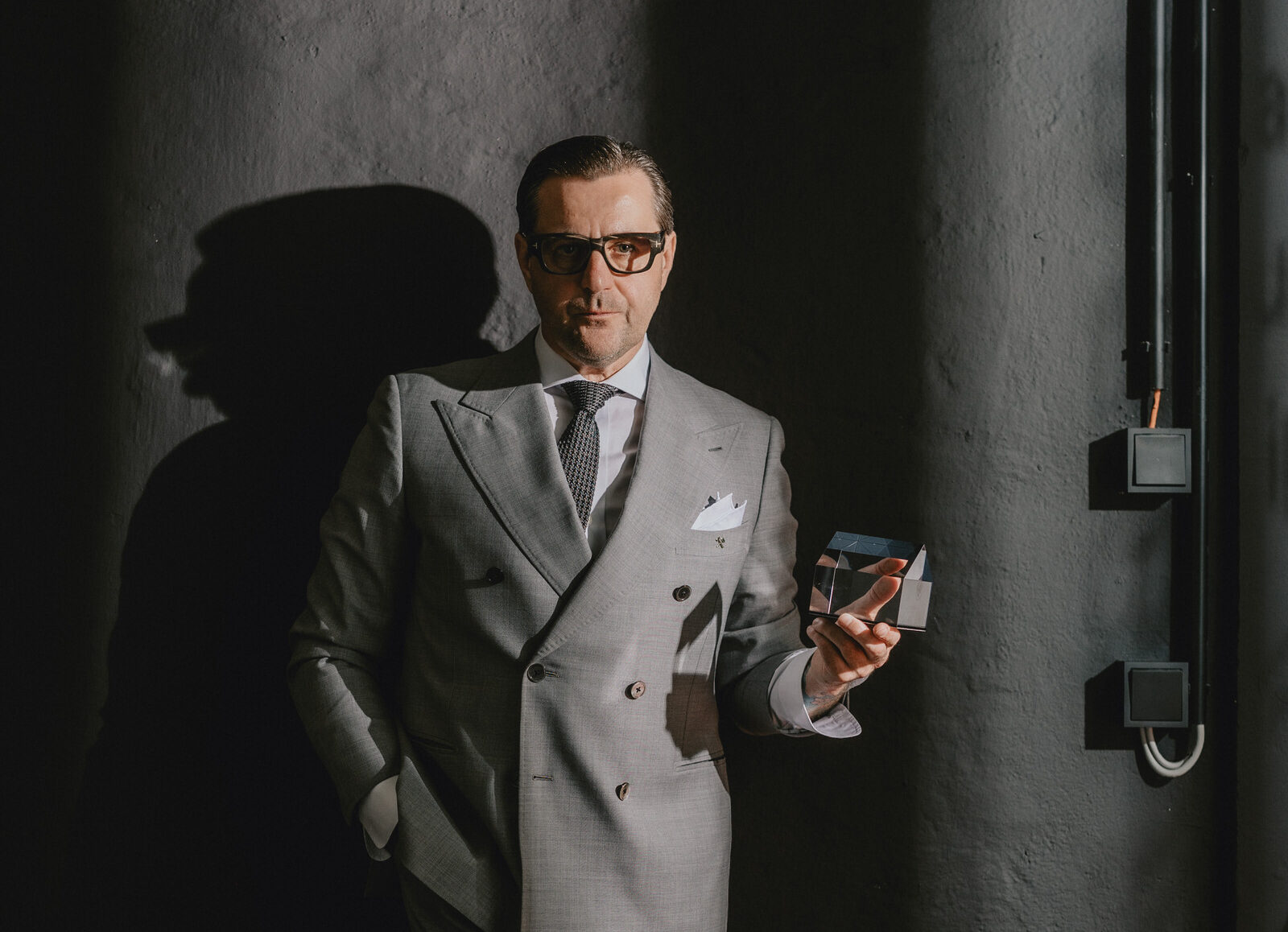
12 May It’s too late to be a pessimist
Tell us, what colors do we want to paint the future in? Are we falling for the apostles of the apocalypse who predict the dictatorship of machines and artificial intelligence, the eco-pessimists who tell us that everything is already too late?
Do we listen to the appeasers at regulars’ tables, in the family or in networks who dismiss any climate change as mainstream humbug and any discomfort about technical progress as organic farming palaver?
Currently, in addition to worrying thoughts and the resulting actions, diametrically opposed ideas that we associate with the time just beyond the present prevail. The euphoric vision is mainly spread by US tech companies and promises a future in which we just sit back and let intelligent systems decide for us. On the other hand, the apocalyptic vision conjures up a digital dictatorship in which people lose all privacy and self-determination under the control of corporations and computers, machines and “those at the top” assume omnipotence and we as a human family are on the brink of ruin.
What both views have in common is the passivity of man and the feeling of being at the mercy of fate with its promises and threats. Nothing can be done!
Effective power instead of powerlessness
Let us tear the Medusa masks off such futures and set new beacons of hope in joint, coordinated and strategic efforts. Let us create new places of education, set up hubs and laboratories, invest in construction huts and inventors’ garages and help to amaze through chambers of wonder.
Die and workshop
As a developer of workshops and workplaces and scion of a dynasty of miners, I can say that rare earths are still among the most sought-after raw materials in the world. Now, however, the promotion of creativity and the extraction of innovations will determine the success or failure of entire societies. The mine gold of the future consists of basic social materials that are essential for the constant renewal of civilization: Treasures that are traded as insights, utopias or visions and are not fossil. Values that are created through art, culture, research or education and multiply through promotion and distinguish us from sensors, apps and robots.
Places and people are therefore needed that promote creativity, stimulate the imagination, understand research as a raw material and create new networks. This is how prototypes are created – social, technological, political and societal. Universities and (technical) colleges therefore remain magical places where the future is envisioned and decided.
Renaissance of space
Digitalization in particular is leading to a renaissance of spatiality – both physically and psychologically. It is leading us to the rebirth of the haptic, of understanding through comprehension, the revaluation of symbols, the importance of free speech and intensive listening, the enjoyment of exclusivity and the devotion to contemplation.
Protopia
Utopian thinking has often been buried. The obituaries have always been premature. As long as there are people who believe that a society without violence, injustice, labor and the destruction of nature is possible and who are outraged by the discrepancy between the real and the possible, they will continue to paint utopias. And: they will start these ideal visions in the present and educate generations afterwards.
Ps. What prepares me and keeps me positive despite the serious times?
It is the knowledge that we have always set out to hear the unheard, to see the unseen and to solve the unsolved. Whether 20,000 miles under or over the sea. We faced beasts, battled the tides and the elements. We have been to pack ice, the deep sea and the moon, confronted superstition and sought freedom from want and fear.


